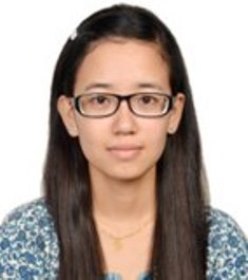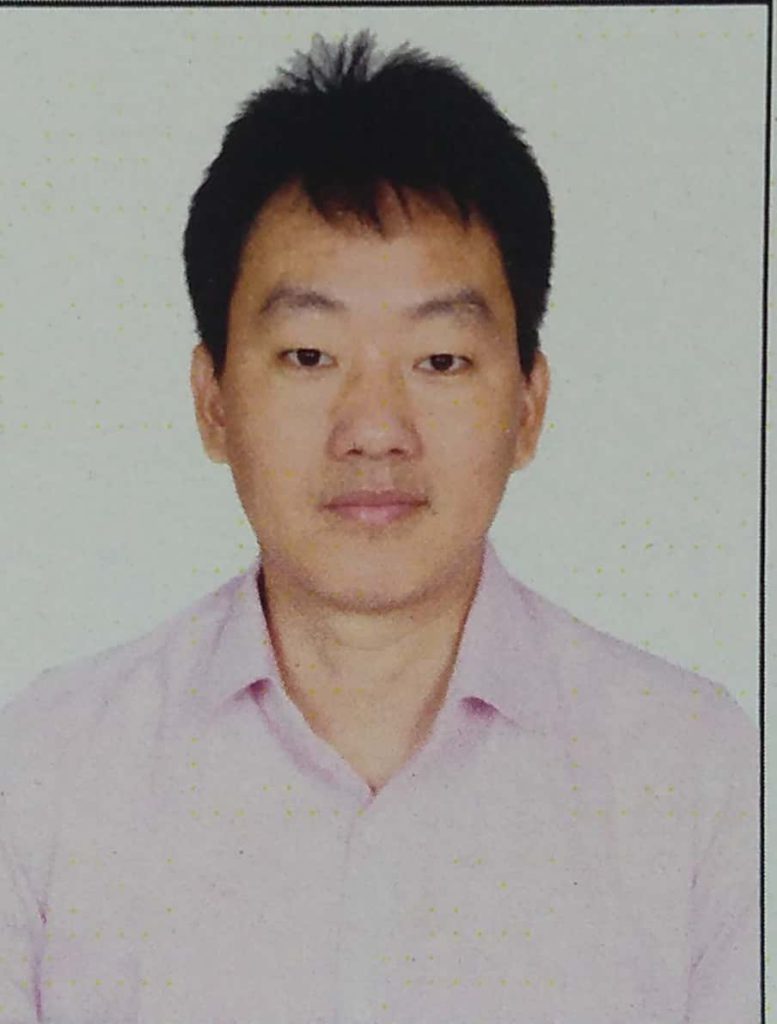Fish and Shellfish Pathology
Course Attendees
Still no participant
Course Reviews
Still no reviews
Course Name : Fish and Shellfish Pathology
Code(Credit) : FSHM2201(2-1-0)
Course Objectives
- To provide holistic knowledge on fish and shellfish pathogens and their control measures
Course Outcomes
CO1-Understand Stress in aquaculture and its role in disease development:PO1, PO2
CO2-Knowledge on various Pathological processes: PO1, PO2
CO3-To understand Role of physical, chemical, and soil and water parameters in fish health: PO1, PO2
PO1: Knowledge enhancement: Enhanced knowledge on concepts, essential facts, basics, principles and theories relating to fishery biology, biodiversity and aquatic environment, aquaculture, fish nutrition, fish physiology, genetics and biotechnology, fish processing, fisheries engineering, fish microbiology, fishery extension, economics, and biostatistics.
PO2:Professional and Entrepreneurial Skill development: Understanding the value and processes of life-long learning and professional enhancement and entrepreneurship development.
Course Syllabus
Theory
Significance of fin Fish and Shellfish diseases in aquaculture. Host, Pathogen and Environment Interaction. Disease development process. Stress in aquaculture and its role in disease development. Pathological processes: Cellular response to injury, Inflammatory response to diseases, Pathogencity mechanism of parasite, bacteria, virus and fungus. Casehistory and clinical sign in disease diagnosis. Role of physical (injuries, health, cold) chemical (pH, salinity, toxins, ammonia, nitrogenous waste, endogenous chemicals and metabolites, free radicals, oxidants) soil and water parameters in fish health. Nutritional diseases . Non-infectious diseases.
Practical
Live and post mortem examination of fish and shellfish. Pathology of organ systems. Histopathology of normal and diseases fish and shellfish, Diagnosis of abiotic fish diseases.
References
Fish Pathology ---- Ronald J. Roberts
Prevention and control of fish and prawn diseases ----KP Biswas
Session Plan
Session 1: Significance of finfish and shellfish diseases in
aquaculture
Theory 1: Significance of finfish and shellfish diseases in
aquaculture
PDF link:FSP-courseware1
Video link:Fish Disease
Session 2
Theory 2: Significance of finfish and shellfish diseases in aquaculture
PDF link: FSP2-Scientific health management strategies in aquaculture
Video link: Scientific health management strategies in aquaculture
Session 3
Theory 3: Host, pathogen, and environment interaction
PDF link: FSP3-Host,Environment and pathogen interaction
Video link:Host, pathogen and environment interaction
Session 4
Theory 4: Disease development process
PDF link: FSP4- Disease development process
Video link:Disease development process
Session 5
Theory 5: Disease development process
PDF link:FSP5 & 6- Disease development process
Video link:Disease development process
Session 6
Theory 6: Disease development process
PDF link:FSP5 & 6- Disease development process
Video link:Disease development process
Session 7
Theory 7: Stress in aquaculture and its role in disease development
PDF link: FSP7&8- Stress in aquaculture
Video link: Stress and its role in disease development
Session 8
Theory 8: Stress in aquaculture and its role in disease development
PDF link: FSP7&8- Stress in aquaculture
Video link:Stress and Adaptation
Session 9
Theory 9: Pathological processes
PDF link: FSP 9,11&12- Cell death & necrosis
Video link:Pathological process
Session 10
Session 11
Theory 11: Pathological processes
PDF link: FSP 9,11&12- Cell death & necrosis
Video link:Granulomatous inflammation
Session 12
Theory 12: Pathological processes: Cellular responses
PDF link: FSP 9,11&12- Cell death & necrosis
Video link:Cellular adaptation
Session 13
Theory 13: Inflammatory response to diseases
PDF link: FSP 13 & 14- Inflammtory response
Video link:Inflammatory responses
Session 14
Theory 14:Inflammatory response to diseases
PDF link: FSP 13 & 14- Inflammtory response
Video link:Chronic inflammation
Session 15
Theory 15: Pathogenicity mechanism of parasite (Protozoans)
PDF link: FSP 15,16 & 17- Pathogenicity mechanisms of Parasites
Video link:Protozoan fish disease
Session 16
Theory 16: Pathogenicity mechanism of parasite (Helminthes)
PDF link: FSP 15,16 & 17- Pathogenicity mechanisms of Parasites
Video link:Parasitic disease
Session 17
Theory 17: Pathogenicity mechanism of parasite (Crustaceans)
PDF link:FSP 15,16 & 17- Pathogenicity mechanisms of Parasites
Video link:Crustacean parasites
Seassion 18
Theory 18: Pathogenicity mechanism of bacteria
PDF link: FSP 18- Bacterial pathogenesis
Video link:Bacterial pathogenesis
Seassion 19
Theory 19: Pathogenicity mechanism of virus
PDF link: FSP 19- Virology of Fish
Video link:Viral Pathogenesis
Seassion 20
Theory 20: Pathogenicity mechanism of fungi
PDF link: FSP 20- Pathogenicity of Fungus
Video link:Fungal pathogenesis
Session 21
Practical: Histopathology
PDF link: Histopathology
Video link: https://www.youtube.com/watch?v=qAoa94WBaIc&t=26s
Session 22
Practical: Biochemical Test for identification of bacteria
PDF Link: BIOCHEMICAL-TESTS-FOR-IDENTIFICATION-OF-BACTERIA
Video Link: https://www.youtube.com/watch?v=E4a8g1o72AM
Session 23
Practical: Enumeration of Bacterial flora
PDF link:Enumeration of bacteria
Video link 1: https://www.youtube.com/watch?v=IlTnLEgivts&t=141s
Video link 2: https://youtu.be/IJcw4fRsYnU
Session 24
Practical: Gram staining technique
PDF link: gram-stain-protocol
Video link: https://www.youtube.com/watch?v=sxa46xKfIOY
Session 25
Practical: Wet Mount preparation
PDF link: Wetmount-sampling-techniques-in-fish
Video link: https://www.youtube.com/watch?v=yxTFgDe5CEE&t=370s
E-content
Model Question
Our Main Teachers

Dr. Ngairangbam Sushila joined the University as an Assistant Professor in the department of Aquatic Animal Health Management, School of Fisheries. She completed her doctoral programme from ICAR-Central Institute of Fisheries Education, Mumbai.


